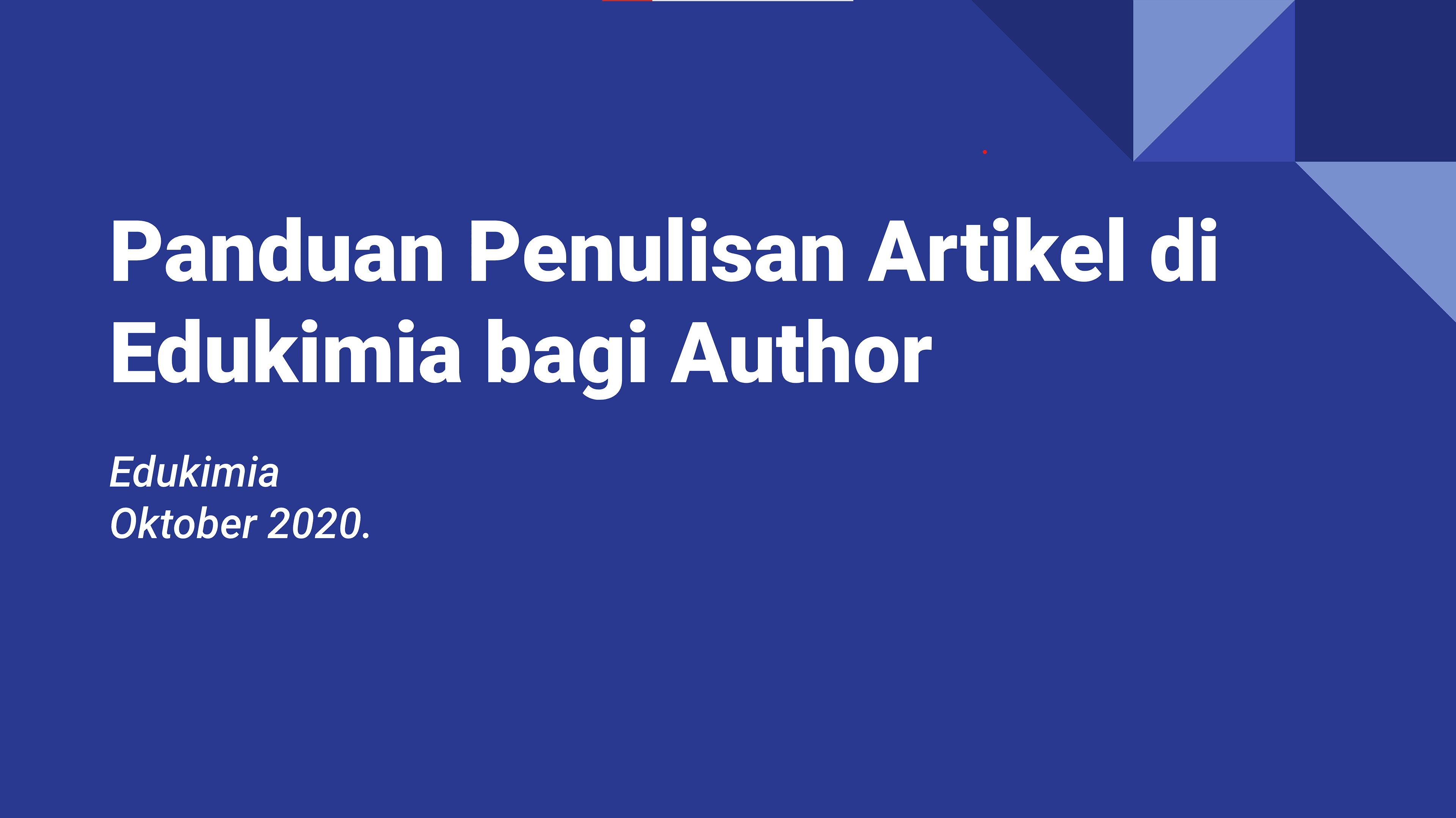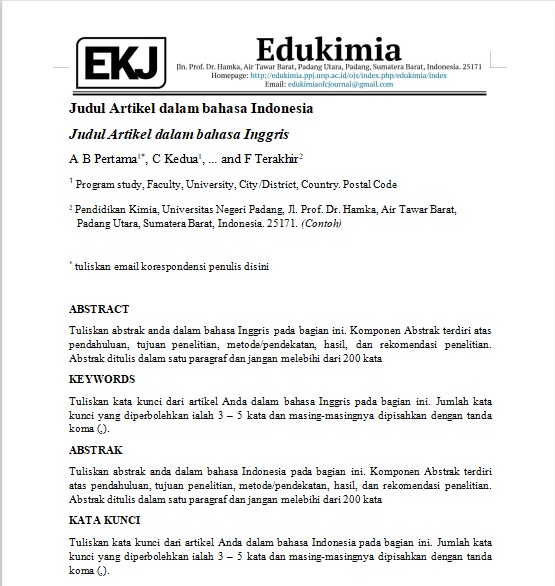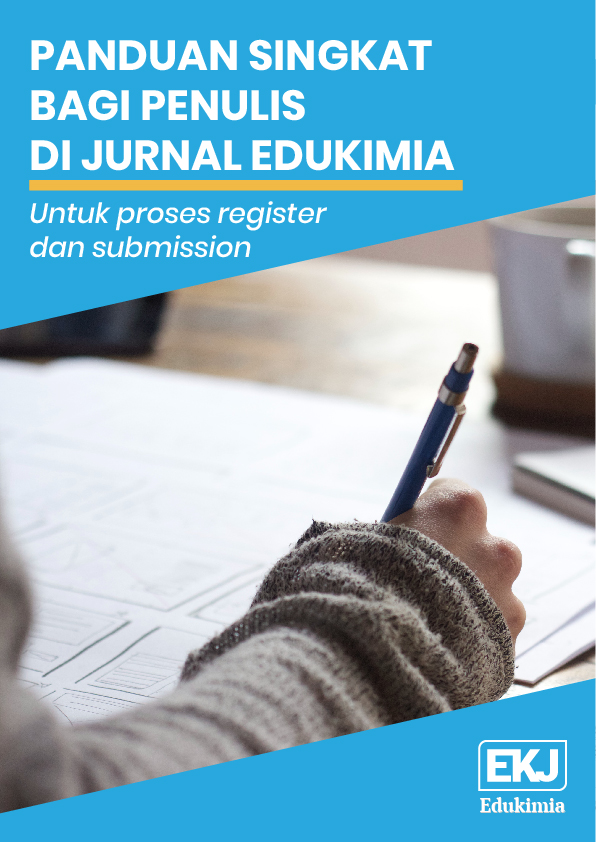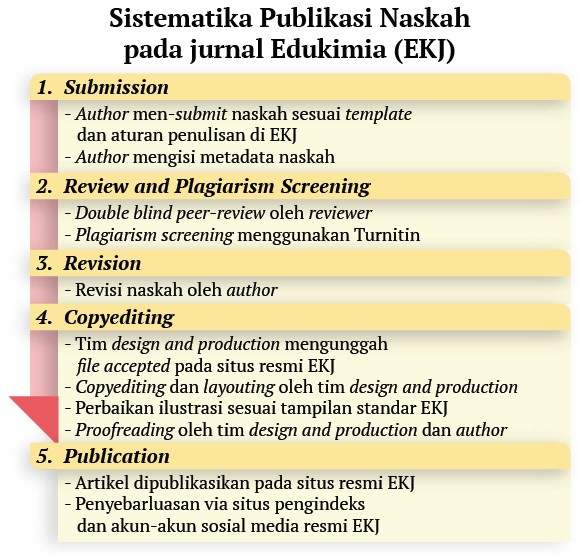1. Prior to starting
Before accepting or declining an invitation to review, consider the following questions:
- Does the article align with your area of expertise? Only accept if you believe you can provide a high-quality review.
- Do you have any potential conflicts of interest (opens in new tab/window)? When responding, make this clear to the editor.
- Have you got time? Reviewing can be a lot of effort; before committing, make sure you can reach the deadline.
As quickly as possible, accept the invitation (even if it means declining); if you don't, the review process will take longer and the author will have to wait longer. It would be beneficial if you could recommend other reviewers in the event that you decline the invitation.
2. Handling your evaluation
Confidential material
The materials you receive must be handled as confidential documents if you agree. This implies that you cannot distribute them to anybody without the editor's prior consent. Additionally, as peer review is private, you must not disclose any information about the review to any parties without the editors' and authors' consent.
Generative AI
Reviewing a scientific publication has obligations that can only be assigned to humans. The critical thinking and judgment required for peer review are beyond the capabilities of generative AI and AI-assisted technologies, and there is a risk that the technology would produce wrong, incomplete, or biased results. Our Generative AI policies for reviewers are based on these concerns, as well as the premise that submitted publications must be considered as confidential information :
- Because there is no assurance of where materials are being transferred, saved, or viewed, or how they may be used in the future, reviewers should refrain from uploading the manuscript or any portion of it into a generative AI tool. This might potentially breach the authors' rights to confidentiality, proprietary information, and/or data privacy. Additionally, it might be against the Generative AI tool's terms of use.
- Confidentiality applies to all manuscript communications, including peer review reports, notification letters, and decision letters, as they may contain sensitive information about the article and authors. For this reason, they should not be uploaded into a Generative AI tool, even if only to improve language and readability.
- Generative AI should not be used to assess, evaluate, or make decisions about manuscripts.
3. Completing the Reviewer Evaluation Form
After thoroughly reading and evaluating the article, reviewers are required to complete the evaluation form provided by Edukimia. Provide your assessments objectively and constructively to assist the editor in making a decision and to help the authors improve their manuscript. If necessary, add additional comments to clarify the reasoning behind your evaluations.
Note: The form must be completed in full and submitted before the deadline set by the editor.
4. Providing Direct Comments on the Manuscript
In addition to completing the evaluation form, reviewers are also required to provide direct feedback on the article file, which is provided in Microsoft Word format. Use the comment or track changes features in Word to insert notes, suggestions, or corrections on specific sections that require revision (e.g., title, abstract, methodology, results and discussion, conclusion, or references).
Once all comments have been added, save the file and upload it back to the Edukimia system along with the completed evaluation form.
Note: Comments should be objective, professional, and constructive, aiming to help authors improve their manuscript without altering the scientific meaning unethically.

.jpg)















